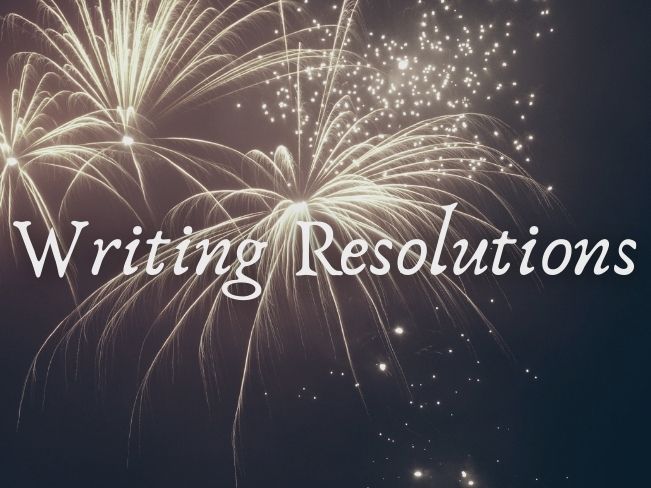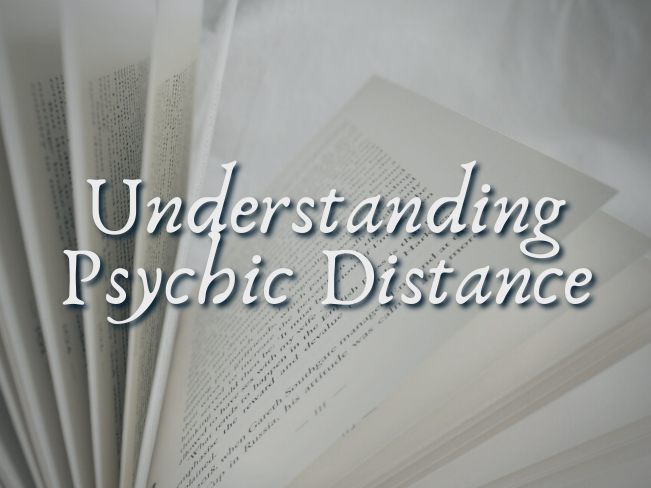
Since the beginning of the summer, I’ve casually worked on a challenge called 100daysofwriting, posted daily by @the-wip-project on Tumblr. I don’t do the challenge daily–I dip in and out, occasionally answering prompts on my Pillowfort account–but one of their questions really got me.
Um. EPITHETS, folks. Epithets.
There are loads of things I focus on when I’m writing, and to be fair, this doesn’t quite answer the question properly (because I no longer have to focus keeping epithets out of my writing, though I did at one time). But a “pet peeve” is by definition a small thing, not a big one, so I don’t want to throw down one of my Top Three like 1) pacing or 2) overwriting or 3) believable ethical conflicts.
No. It’s the epithets for me today.
Whatever kind of fiction you write, if you’ve ever ended up with two same-gendered characters in the same room and struggled to figure out how to let the reader know who you’re referring to every time you write ‘she said,’ this one’s for you.
Wait, so what are epithets?
For anyone unaware of what I mean when I say epithets: I mean the title / descriptor by which a character is known — one that doesn’t involve their name, often preceded by the article “the”.
ie: “the soldier” / “the young man” / “the doctor” / “the tall girl”
Obviously, there are characters who will only go by epithets, and that’s okay in certain circumstances, like when the POV character doesn’t know their name, or wouldn’t feel comfortable calling them by their name. This is often the case with royalty, doctors, people of high rank… epithets are super useful when they cue the reader into a power imbalance or other unique interpersonal dynamic.
Why the hate on epithets, then?
Because the place epithets are most commonly BUT SHOULD NEVER be used…
…is to escape the Gay Pronoun Problem.
Have two dudes in a scene together? Don’t want to call them by their given names (let’s say Dan and Josh) for 2k straight words? “He” isn’t clear enough because both of them ID as male? Just refer to them by other attributes! Dan is “the blonde,” “the wizard,” “the taller man,” and Josh is “the brunette,” “the soldier,” “the stocky man.”
What could go wrong?
What goes wrong is this: at no point in your life have you ever thought of one of your friends as “the stocky man” in your head, nor would you ever narrate a conversation with one of your friends that way.
So if we’re in Josh’s POV and all of Dan’s dialogue is tagged ‘said the blonde’ and ‘the wizard replied’ and ‘the taller man shouted’… instead of telling me something important about the relationship dynamic between Josh and Dan, the narrative does the exact opposite. It tells me Josh is so unfamiliar with Dan that he won’t refer to Dan by either his 1) given name or 2) his simple pronoun. Which is untrue, out of character, and (honestly?) weird.
Epithets break immersion and do the story a disservice.
And don’t even get me started on when they’re used in sex scenes.
Solving the Gay Pronoun Problem
There are a few technical solutions to the GPP. Clarity of prose is a craft-level skill, which is why I suspect epithets are a crutch used primarily by new writers (I certainly used them when I first started writing!). This kind of clarity has also become a subconscious habit in the intervening years. That said, I do have a handful of tips for making it clear who we’re writing about when there are two (or more) same-gender characters in a scene.
(These tips should also be helpful when writing characters who use they/them pronouns, which can get weedy in certain narrative contexts.)
- I continue using their name or pronoun, even though I’ve been using it a lot.
Readers ignore names and pronouns (especially pronouns) more than you’d think. Unless the rhythm of the sentence results in a heavy prose echo, “he/she/they” is an invisible word, much the way “said” is when tagging dialogue.
If there’s a prose echo, I either rephrase the sentence, or delete it entirely. (I’m a stubborn overwriter, but years of beating my head against narrative walls has eventually helped me realize that, when something is impossible to phrase without sounding terrible, it usually means I don’t need to keep it in the story.)
- I use paragraph breaks when I switch the focus to a different character.
In one paragraph, I’m talking about what Josh is thinking. Josh, therefore, is the subject of that paragraph, and “he” will refer to Josh. When I switch from internalizing to externalizing, and Josh starts describing what Dan is doing, I’ll use a paragraph break to make it clear that “he” could now refer to a different character in the room.
- There’s only one ‘he’ in a scene.
Especially when two same-gender characters are interacting (ie: the scenario that puts the Gay in the Gay Pronoun Problem), I’ll call the POV character by their pronoun and the other character by their name. Obviously this isn’t a hard-and-fast rule. It’s not foolproof, and I don’t stick to it the whole time, but it does help the reader figure out who’s talking (or doing) by associating a shared pronoun with a single character.
tldr:
Epithets are for tombstones. Let’s keep it that way.

 Writing Resolutions
Writing Resolutions Understanding Psychic Distance
Understanding Psychic Distance Make it Work
Make it Work
[…] I learned this month: The gay pronoun problem defeats me even at the best of […]